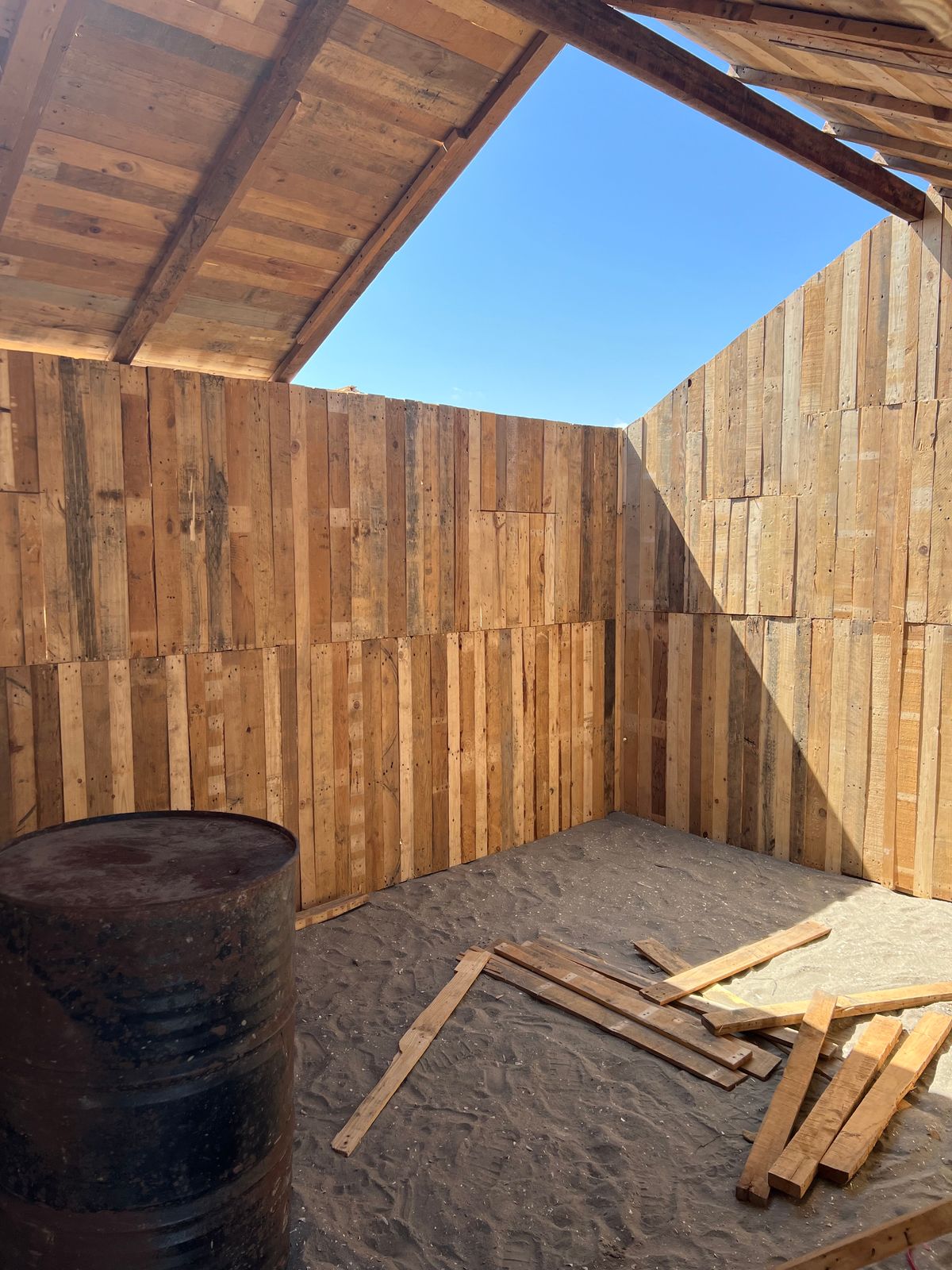Where is home?

When I was in high school, I used to paint the colors of the Yemeni flag on the back of my hand–red, white, and black. I used to buy baseball caps and have the three colors sewed on the side, reminding myself where I came from. And There was this song I used to listen to by Fouad Al Kibsi about how much he misses Sanaa, where I grew up. The oud used make me homesick.
I spent my childhood in the streets of Sanaa, playing soccer, fighting with the kids from the nearby neighborhood, and collecting and selling steal and copper to buy pastries. What I missed the most after migrating was the act of waking up without worry. New York for me meant hustle from day one. It was where I worked a twelve hour shift for the first time. It was where I learned school changed lives. It was where I read my first book. Eventually, the do-do-do mentality debilitated my soul, and my homesickness became unbearable. And Whenever I used to ask my mom about our return to Yemen, she would shrug. It was too expensive to buy tickets for a family of eight.
Now I’m in Yemen, and I’ve visited more cities in two weeks than I’ve in the fourteen years I lived here. The country is still beautiful with its homes hanging on mountains, crops growing on terraces, and minarets calling the living and the inanimate toward the sky. Its fruits are luscious, seasonal, deceiving by their finger size, and satisfying to their last bite. The people will offer you the clothes on their back before sending you empty handed; they invite you to their humble homes and borrow rice and half a chicken from their neighbor before sending you away hungry.
But the war has torn the country to north and south. At checkpoints, I either use my Yemeni or American passport, depending on which part of the country I’m in. A man in a military uniform asked my friend, who only had a US passport, about his nationality. My friend pointed to his place of birth on the passport that said Yemen. The man in uniform took the passport and tucked it in his pocket, claiming that my friend needed a visa to be in his country. We pleaded, threatened, and called a few people who had connections but nothing worked, not until we watered the man’s hand with a few thousand riyals. During car rides or casual conversations, people have their arguments ready to prove the legitimacy of their cause–separation or unification. This wasn’t the home I left, and it wasn’t the country I visited in 2014. Everything was changing.
A few days ago my wife sent me a video of my daughter holding a picture of me. With her tiny fingers, my daughter pointed at me and said “baba.” The video, like Al Kibsi’s song, made me homesick. This is the belonging split of an immigrant. We have two homes. One where we were born, and one where our loved ones await our return.
